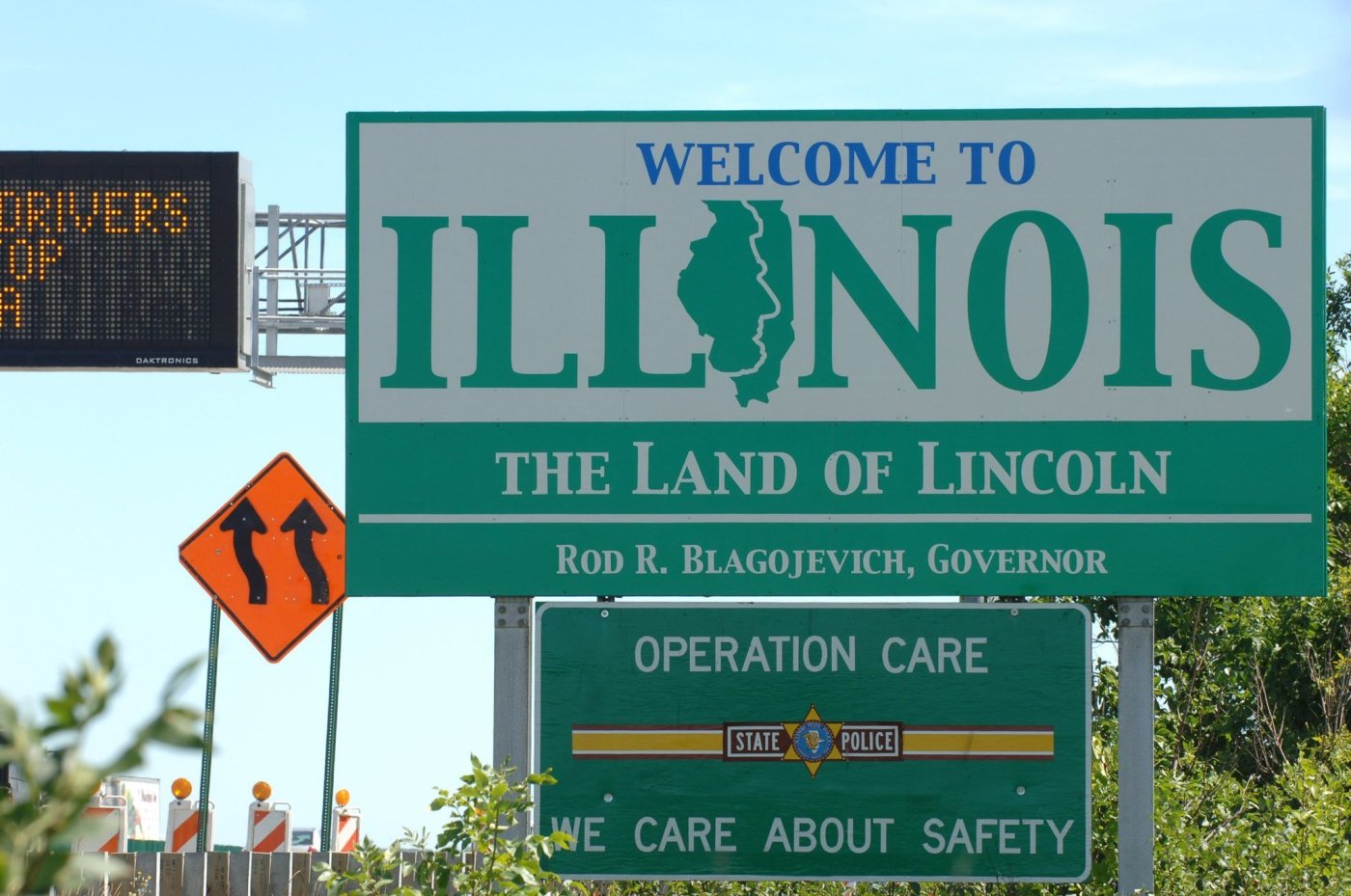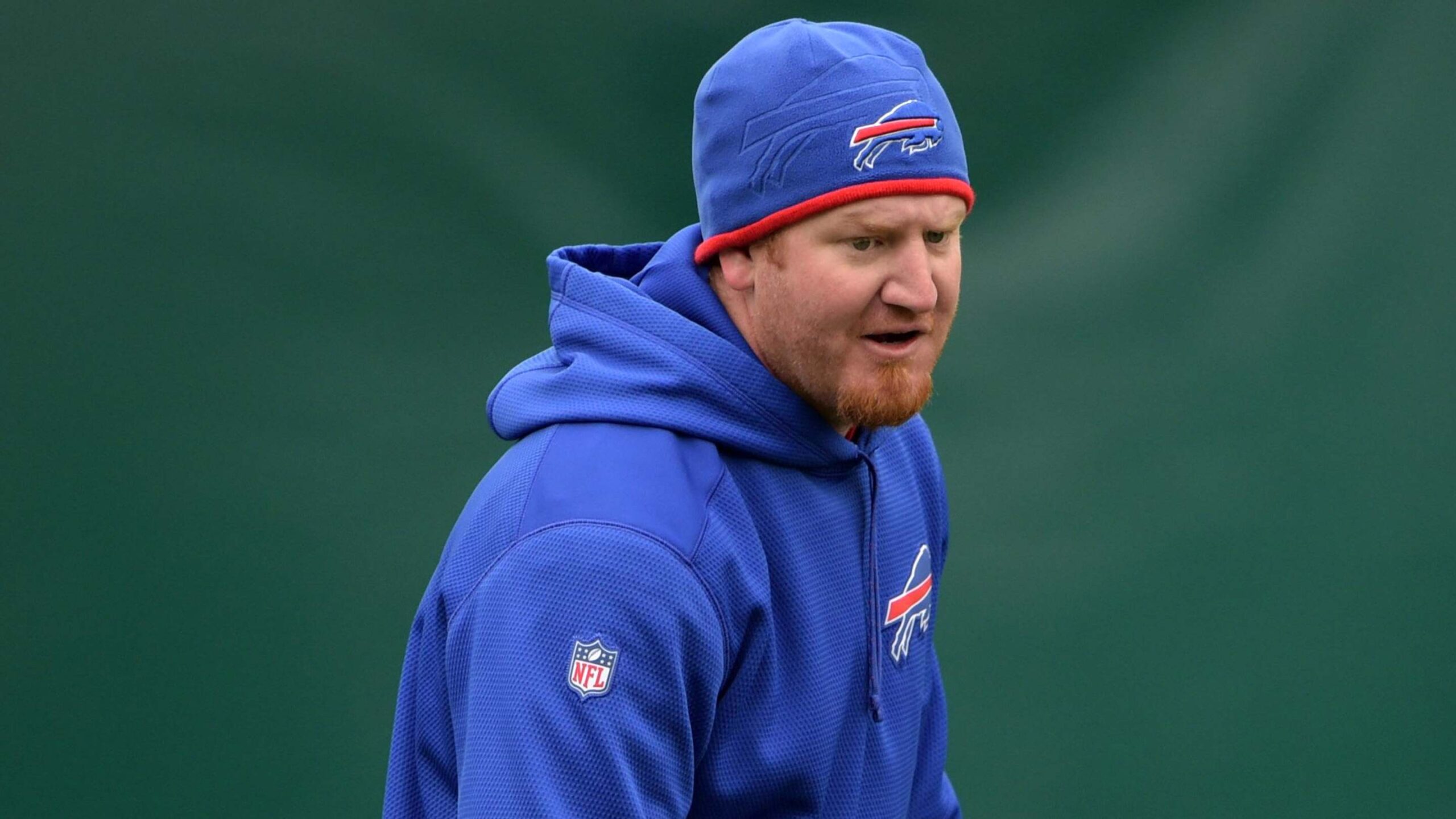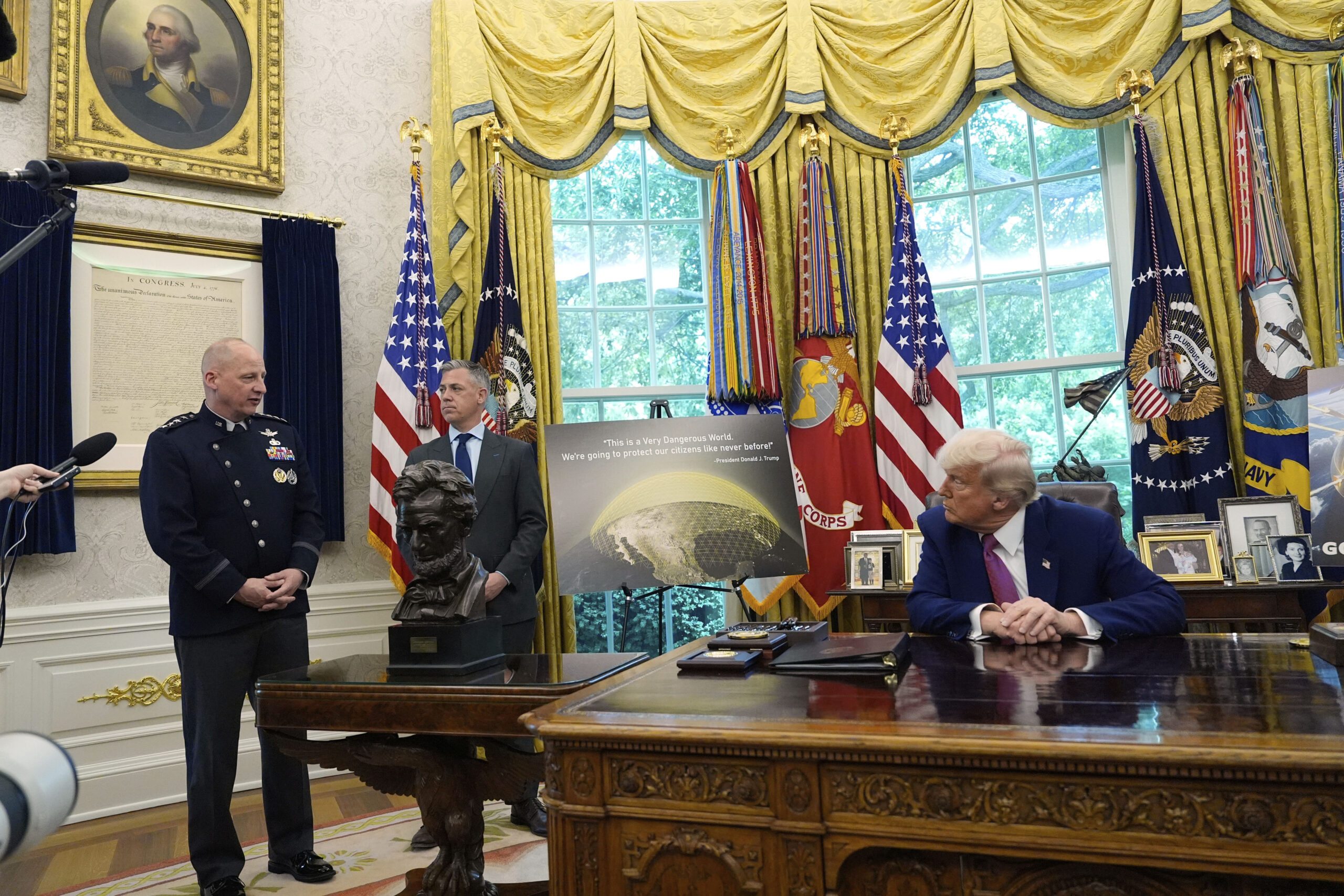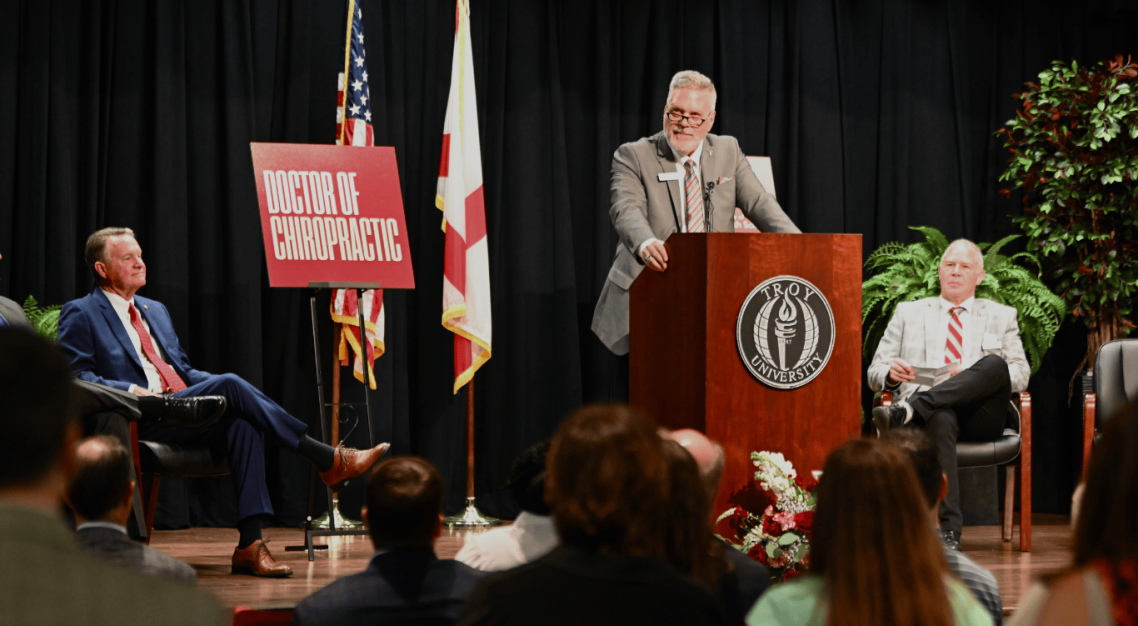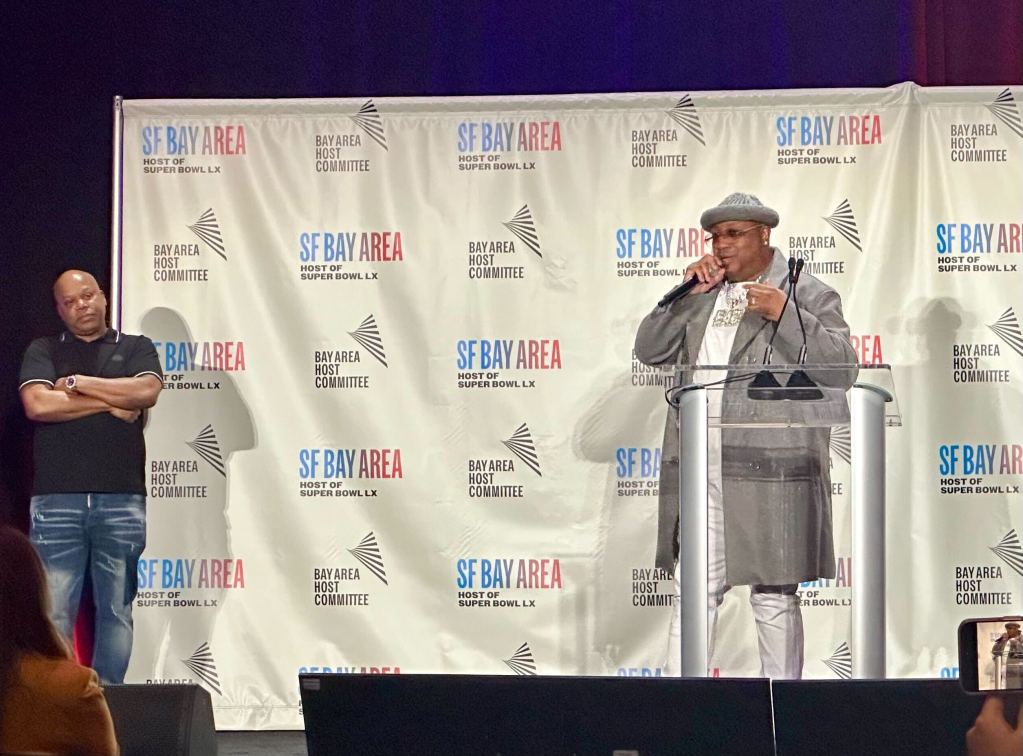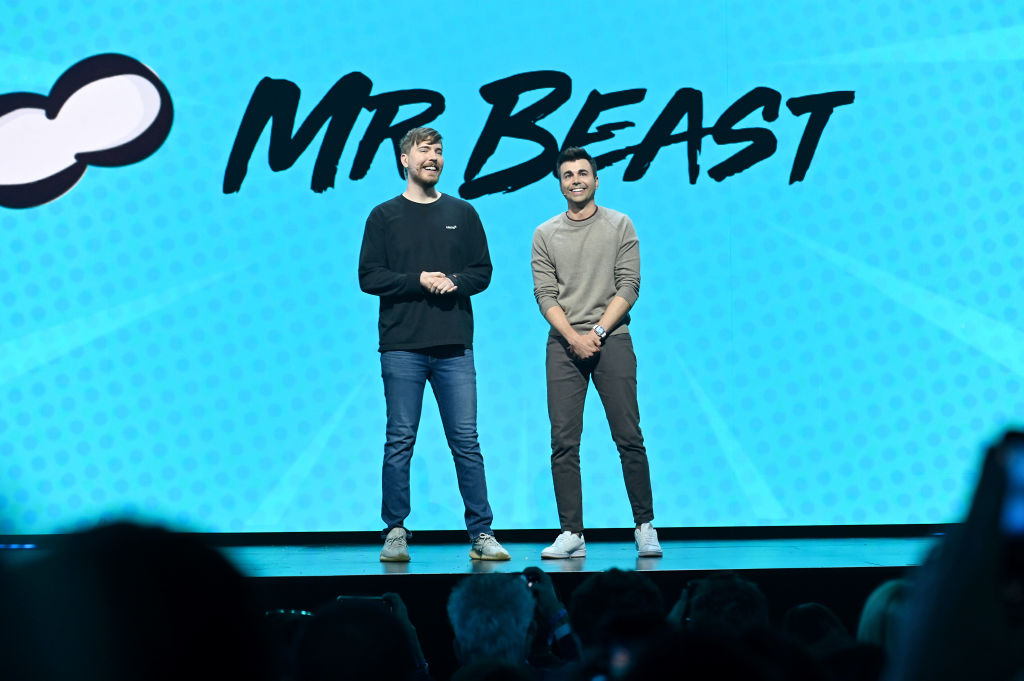
NEW YORK, NEW YORK - MAY 17: MrBeast and Mark Rober speak onstage during the YouTube Brandcast 2022 at Imperial Theatre on May 17, 2022 in New York City. (Photo by Noam Galai/Getty Images for Youtube)
Some of the internet’s most influential content creators are shifting their focus from entertainment to philanthropy. Led by prominent figures like James Donaldson, known as MrBeast, and Mark Rober, they are collaborating for an initiative called #TeamWater. The campaign aims to raise $40 million for clean water projects worldwide, targeting to provide safe drinking water to two million people in countries such as Bangladesh and Malawi, as well as underserved communities in the United States, including areas in Mississippi and rural West Virginia.
The campaign, which spans the month of October 2023, combines philanthropy with the creators’ signature entertaining style. For instance, Rober’s introductory video, humorously titled “Making MrBeast Drink His Own Pee (w/Science),” uses comedy to highlight the serious issue of water scarcity. Other participants, including the Stokes Twins, have shared their journey to Nepal, where they assisted in constructing a 15,000-liter water tank. Creators are also engaging their audiences through various water-themed challenges while encouraging donations.
Despite the excitement surrounding this initiative, some critics express concern that influencer-led charity efforts may oversimplify complex social issues. They argue that these campaigns could prioritize spectacle over meaningful solutions. Nevertheless, the potential impact is significant, given that the combined audience of the creators involved exceeds two billion people.
This is not the first time influencers have mobilized for charitable causes. Previous campaigns led by Rober and Donaldson, such as #TeamTrees and #TeamSeas, successfully raised over $30 million to support environmental initiatives. Their approach demonstrates a new model of philanthropy that resonates with a generation shaped by digital media.
For many young people who grew up consuming content on YouTube, campaigns like #TeamWater represent a modern take on charitable giving. They are characterized by a blend of entertainment and activism, showcasing how clicks and views can translate into tangible benefits for communities in need.
As this initiative unfolds, it remains to be seen how effectively these popular content creators can mobilize their vast audiences toward a common cause. Yet, there is no denying that their reach and influence could lead to significant change for millions lacking access to clean water.
